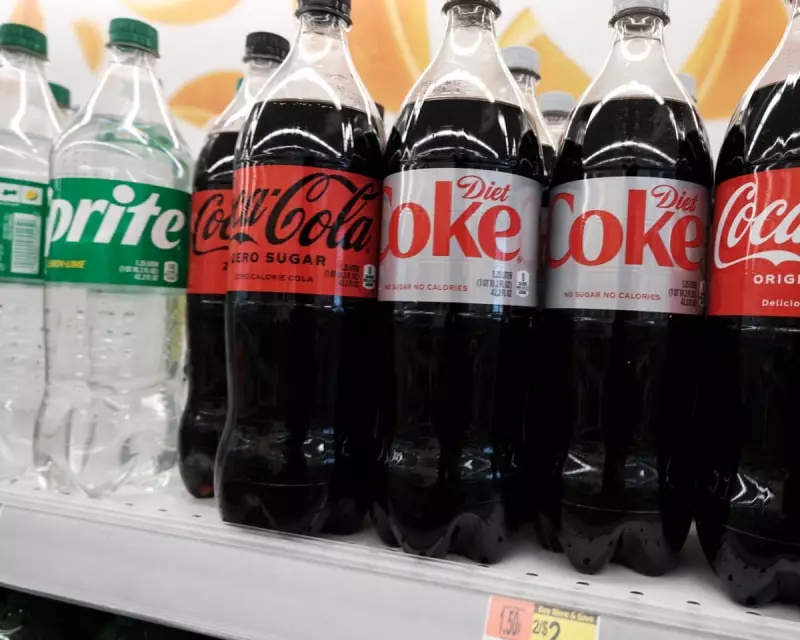
Artificial sweeteners, long marketed as a healthy alternative to sugar, could be causing significant harm to cognitive function equivalent to 16 years of brain ageing, a major new British study has revealed.
The alarming research, conducted by the University of Lincoln, suggests that regular consumption of common sweeteners like aspartame and sucralose may be linked to a measurable decline in memory, attention, and problem-solving skills.
The Shocking Scale of Cognitive Impact
Scientists found that high consumers of artificial sweeteners performed significantly worse on cognitive tests compared to those who avoided them. The decline was so pronounced that researchers equated it to the natural cognitive ageing process of 16 years.
Lead researcher Dr. Phil Jackson stated, "The magnitude of the effect was startling. We're seeing a clear dose-response relationship—the more sweeteners consumed, the greater the cognitive decline."
From Diet Drinks to Dementia Risk
The study analysed data from thousands of UK adults, tracking their dietary habits and cognitive performance over several years. Participants who consumed two or more artificially sweetened beverages a day showed the most severe decline.
Key findings include:
- Impaired memory recall and learning capabilities
- Reduced processing speed and attention span
- Negative impact on executive function and decision-making
- Potential increased long-term risk for neurodegenerative diseases
A Public Health Crisis in the Making?
With millions of Britons consuming low-calorie sweeteners daily in diet soft drinks, yoghurts, and other processed foods, the research points to a potential public health crisis. Public Health England has been urged to review dietary guidelines in light of these findings.
Nutritionist Dr. Sarah Wilkinson commented, "This isn't just about individual choice anymore. We need to reconsider the widespread promotion of these substances as 'healthy alternatives' when they may be harming our cognitive capital."
The Food Standards Agency has stated it will examine the study's conclusions carefully, while industry representatives have questioned the methodology, calling for further research.





